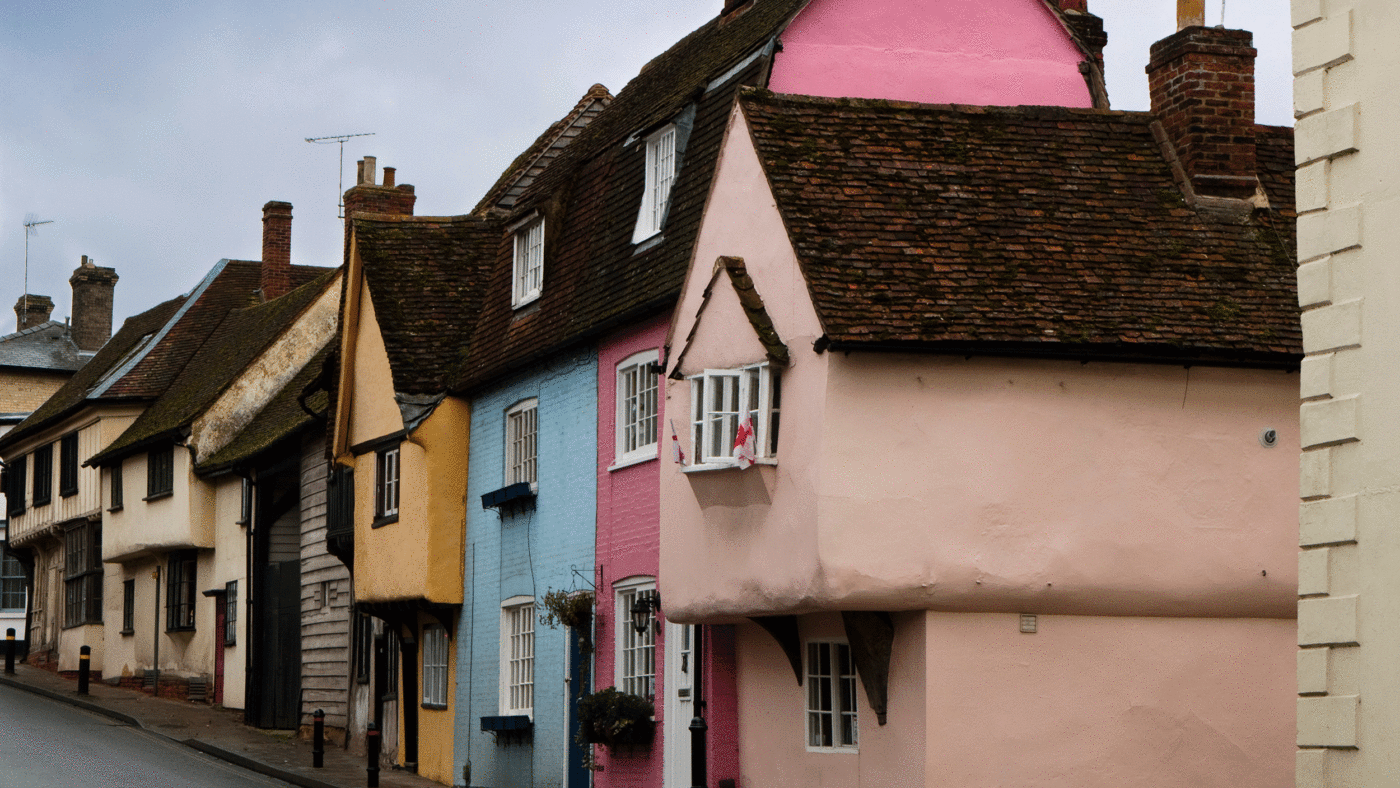Throughout our lives, where we come from will exert a huge influence over our identities. Hometowns have inspired music as diverse as Adele’s first single and Iceland’s fictional Eurovision entry in the film The Story of Fire Saga. My Essex roots shape this Croydon resident’s interest in both West Ham United and Essex cricket. (I’m from Purfleet, if you’re interested).
But where you grow up also has a significant bearing on your life outcomes. My own Youth Jobs Gap research has found that going to school in some local authority areas, like Sandwell in the West Midlands, means you’re twice as likely to end up neither earning nor learning in your early 20s as if you went to school in nearby Warwickshire. Such geographical disparities aren’t really news – after all, the last general election was arguably won on a promise to tackle regional differences head on.
But recent research from the ONS gives us a new angle on this issue. It looks at educational attainment based on the town young people went to school in – a much more meaningful (and more granular) indicator than the local authority areas commonly used in educational analysis. The results are illuminating.
They find that children growing up in small towns do better academically than those in medium sized or larger towns. To use an Essex example, children do better in small Saffron Waldon than bigger Chelmsford – a town so big it was actually awarded city status in 2012. In the North, Clitheroe is a better place to grow up than Blackburn, another of the towns so large it really should be a city.
But the ONS only hints at an equally important point – this is entirely because smaller towns are, on average, better off. The article is a little coy on this point, simply noting that ‘differences in incomes are part of the reason that smaller towns see better outcomes than larger towns’. But looking at the underlying data, when you compare outcomes for places with similar levels of deprivation the trend is reversed, with young people growing up in small towns generally having worse outcomes than those in medium sized ones.
And the regional differences here end up being the opposite of what you expect too, with the south east doing badly and the north west doing better when you control for income. Attainment in highly deprived towns in the north west is about the same as attainment in towns with medium deprivation in the south east. And low deprivation towns in the north east and north west have higher attainment than anywhere else.
This highlights an underappreciated point – when we talk about geographical differences, what we are often talking about is the visible tip of the iceberg of deprivation. This has important implications. In the education world, it underlines the importance of policies which channel funding towards young people from disadvantaged backgrounds, wherever they may be, like the pupil premium. It also helps explain the frustration of some people in the south of England with ‘Levelling Up’ – not only are there pockets of deprivation in the south, it turns out that even less deprived places in the south are often doing worse than their similarly deprived northern counterparts.
The optimistic interpretation of this is that actually there’s a lot less wrong in the North than perhaps some people worry about. If things like attainment are similar or better than places in the south when we control for income, perhaps we simply need to reduce levels of deprivation? This is still hard, but feels solvable – after all, there’s no shortage of ideas about what we could do to tackle poverty.
The less optimistic take, though, is that actually relative affluence is disguising problems in the south. It feels an age ago but perhaps Nicky Morgan’s identification of ‘coasting schools’ when she was education secretary, and Theresa May’s focus on the ‘just about managing’ group, were onto something really important that got obscured by Brexit wars.
Purfleet, where I’m from, is in Thurrock – 10 years ago, the unhappiest part of the country; and I doubt it’s much happier these days, as the council is bankrupt. Unlike Adele, I am not here to talk about Hometown Glory. But deprivation is clearly part of the story – several Thurrock towns are in the 20% most deprived In the ONS data, including Tilbury, the ninth most deprived small town in England.
When it comes to place, everyone knows it matters – but a more nuanced understanding of why, with fewer assumptions, would go a long way to better policy making.
Click here to subscribe to our daily briefing – the best pieces from CapX and across the web.
CapX depends on the generosity of its readers. If you value what we do, please consider making a donation.


